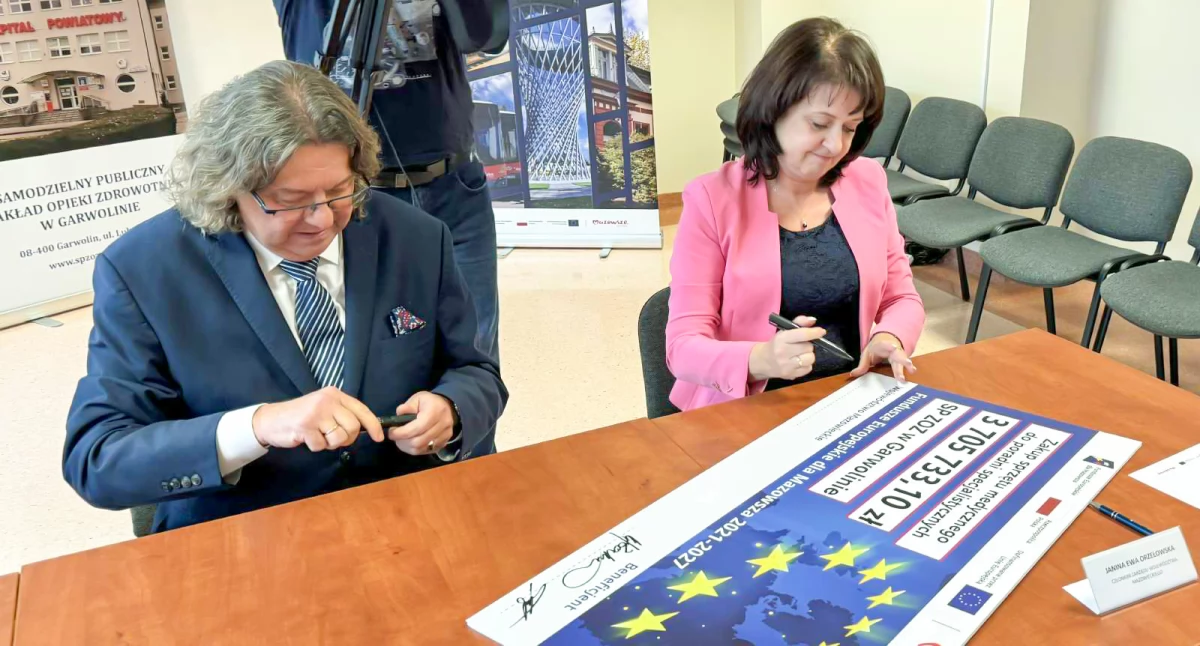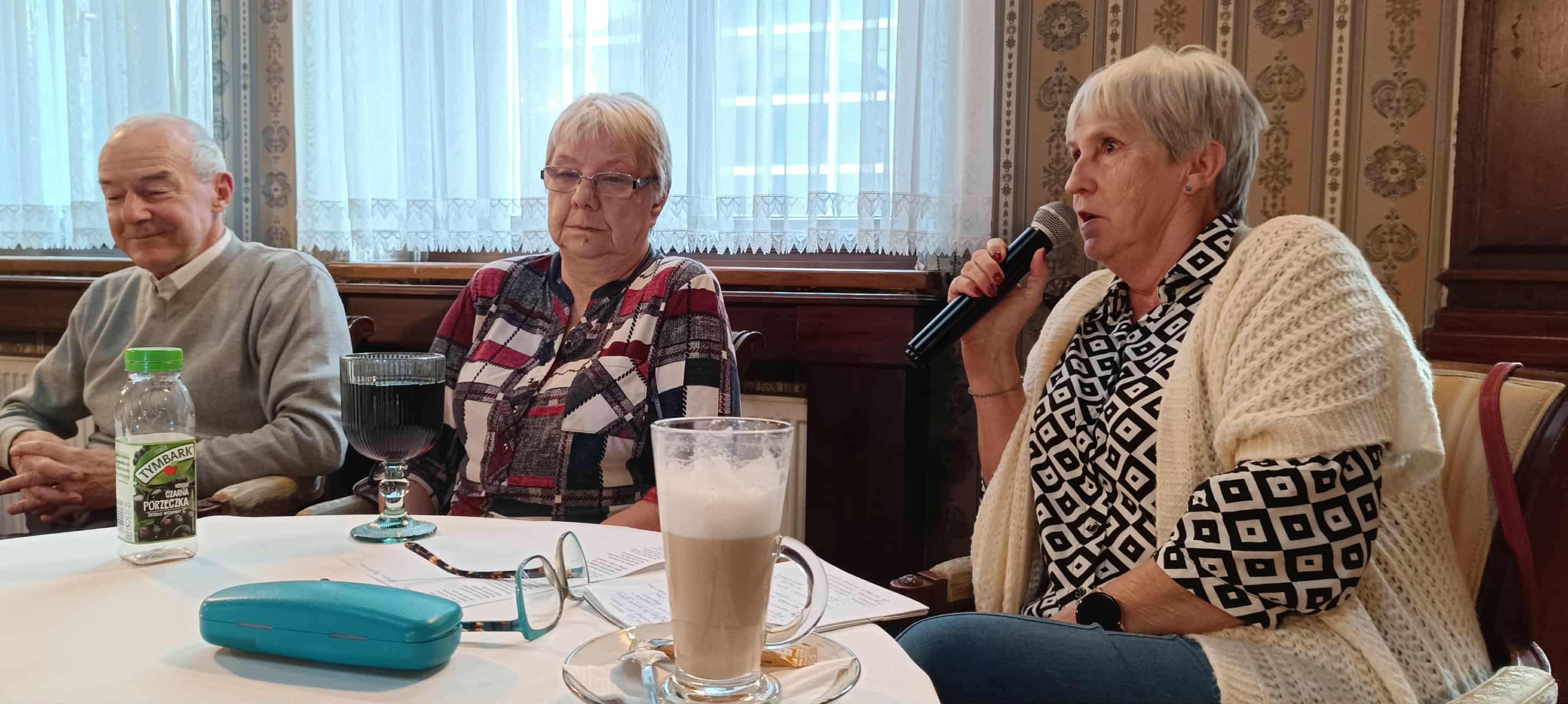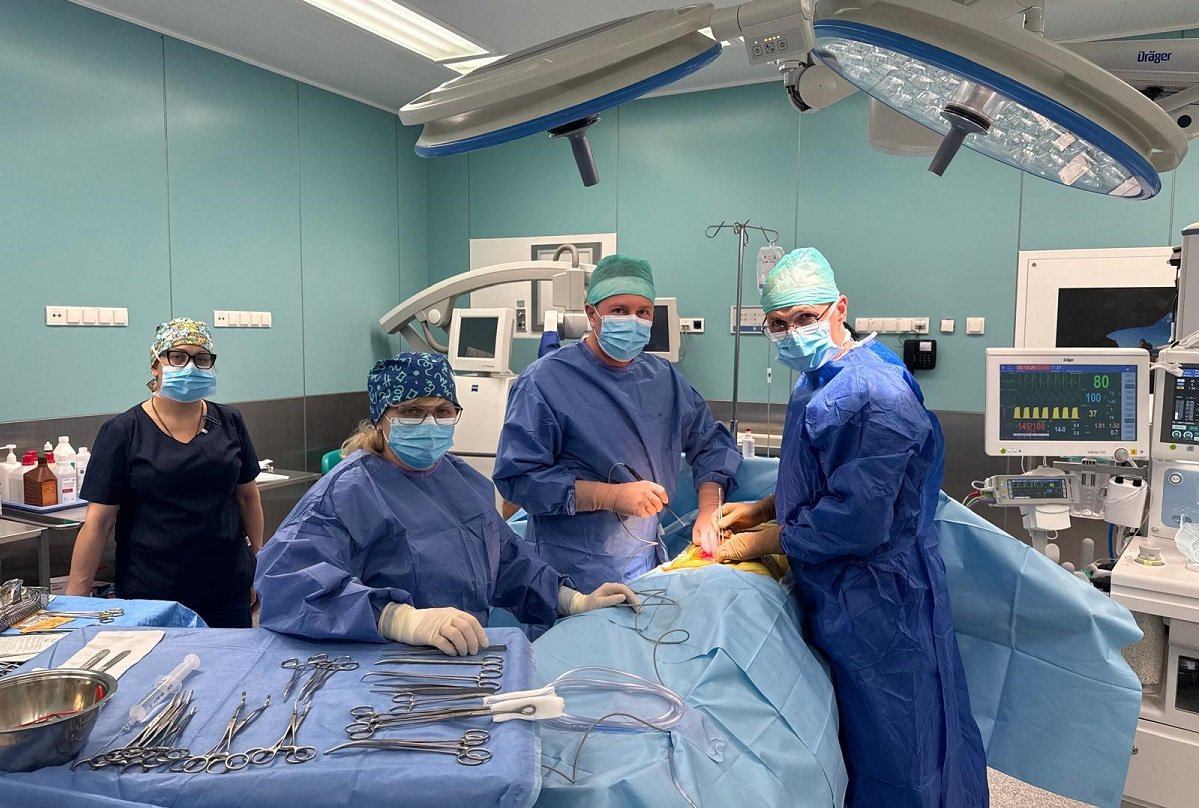England's school system consistently fails the country's poorest children and urgently needs reform, according to a former Department for Education (DfE) boss. Jonathan Slater, who served as permanent secretary between 2016 and 2020, argues the current education system actively disincentivises schools from focusing on pupils who need help the most.
The government should make it a clear priority for schools to ensure a majority of disadvantaged pupils achieve GCSE grades needed for good jobs, higher education or apprenticeships, Slater recommends. He proposes developing a new accountability system to incentivise this focus on the most vulnerable students.
"We cannot accept that poverty should determine a child's educational fate," Slater said. "The current system disincentivises schools from focusing on the pupils who need help the most. It's time to change that."
Persistent achievement gaps
Children receiving free school meals remain twice as likely as their peers to end up not in education, employment or training, according to the UCL Policy Lab report. This summer, just 44% of disadvantaged pupils passed their English and maths GCSEs, compared with 73% of students from more affluent backgrounds - a gap that has persisted for several years.
Slater told PA Media he could see the system's limitations when he arrived in the role. "It was frustrating to me that we weren't doing more about it. As a civil servant, you're working within the political context that you're set and that's the nature of democracy," he added.
Testing ground proposals
The former civil servant recommends the DfE should choose several areas to test reforms over five years, led by local schools and policymakers rather than Whitehall. In these test areas, Ofsted inspections should be paused except for safeguarding checks.
"Inspections of the schools within those areas won't help," Slater told PA. "In fact, they'll get in the way and set schools against each other." He suggests replacing Ofsted inspections with a new evaluation framework that encourages collaboration between schools and innovation to boost outcomes for disadvantaged students.
Historical lessons and constraints
The report details how New Labour's education reforms saw free school meal pupils' chances of leaving school with English and maths passes double. However, this progress "simply ground to a halt" after the coalition government claimed improvements couldn't have been achieved without grade inflation.
Slater worked under former education secretary Justine Greening when she announced opportunity areas, providing funding in 12 areas to boost outcomes - a programme that ended in September 2022. Current Education Secretary Bridget Phillipson (Labour) has highlighted similar concerns, particularly about white working-class pupils failing to achieve progression results.
The current government cannot repeat New Labour's strategy as "they don't have the money to spend" and challenges facing disadvantaged pupils are "increasingly complex", Slater notes. Latest Office for National Statistics figures show the number of young people not in education, employment or training has increased to 948,000.
Government response and initiatives
The report, based on interviews with more than 100 education experts, highlights successful local collaboration examples. Several multi-academy trusts in Plymouth have worked together to improve outcomes for disadvantaged students by engaging with parents.
A DfE spokesperson said tackling educational inequalities would take time but the government is taking action through its Plan for Change. The department cited its curriculum and assessment review, strengthened accountability, new regional improvement teams, free breakfast clubs, and expansion of free school meals as key initiatives.
"Our landmark Children's Wellbeing and Schools Bill and forthcoming Schools White Paper will put children at the centre of the education and social care systems, breaking the link between their background and what they can go on to achieve," the spokesperson added.
Sources used: "PA Media" Note: This article has been created with Artificial Intelligence (AI).














